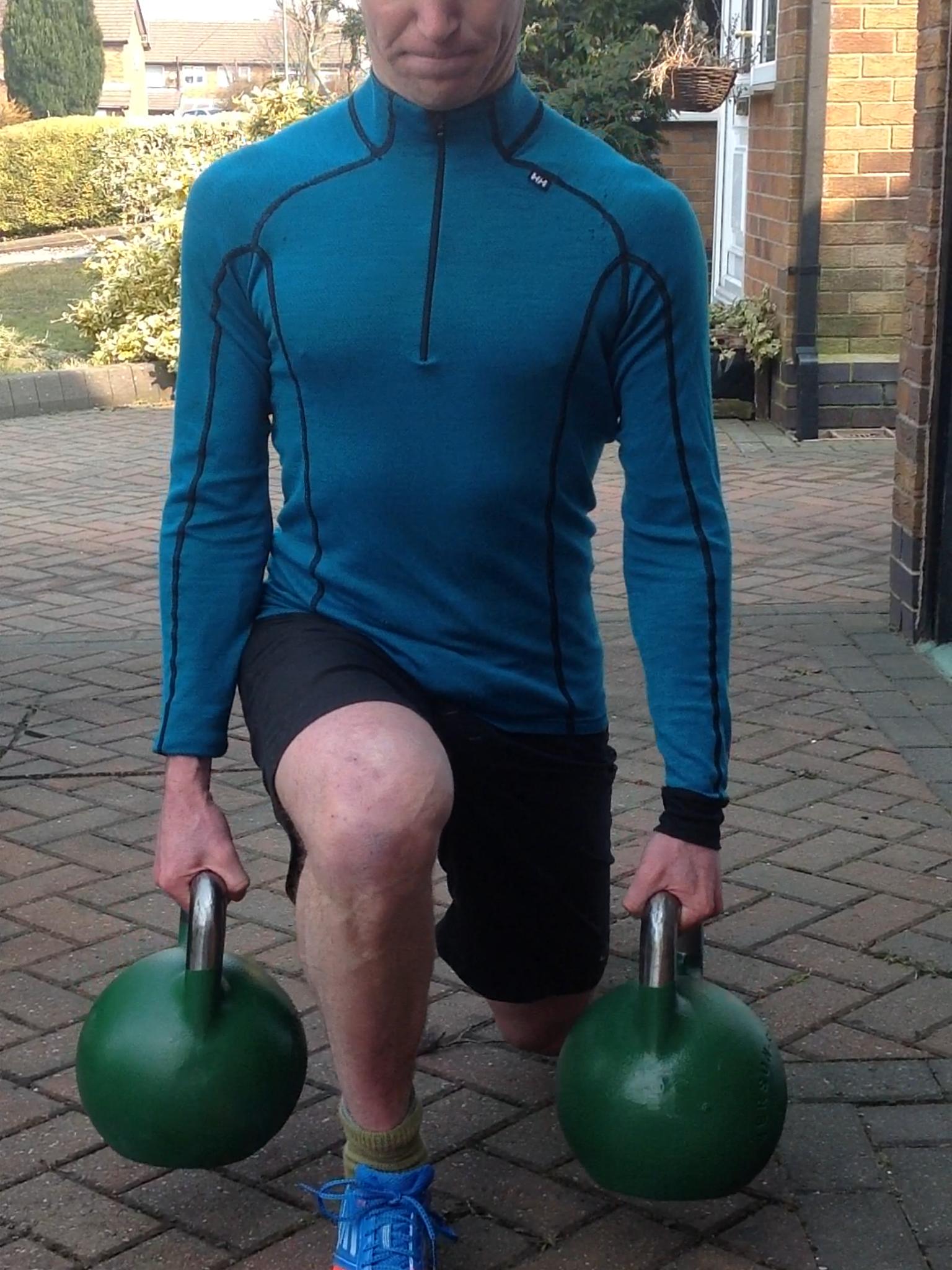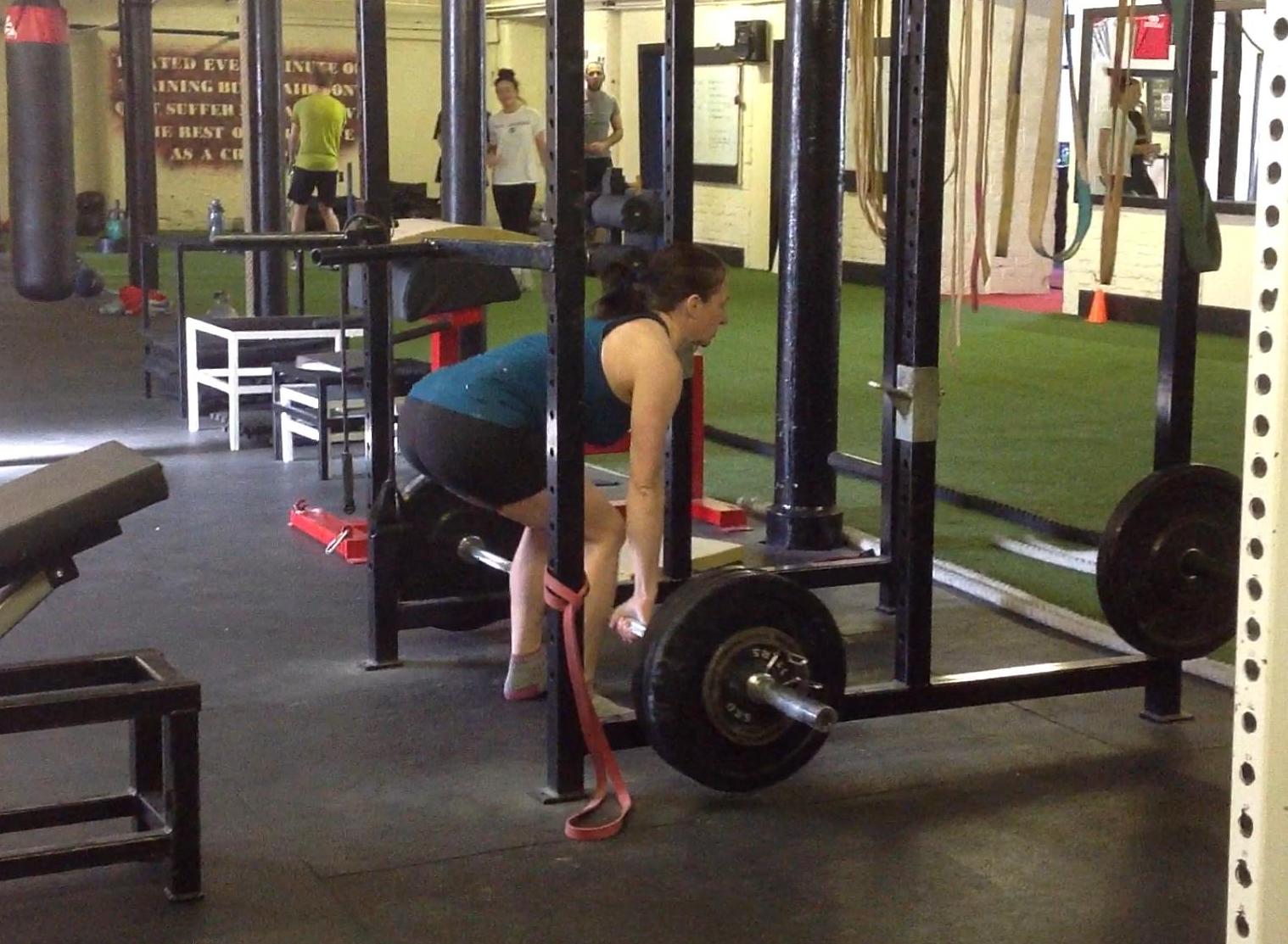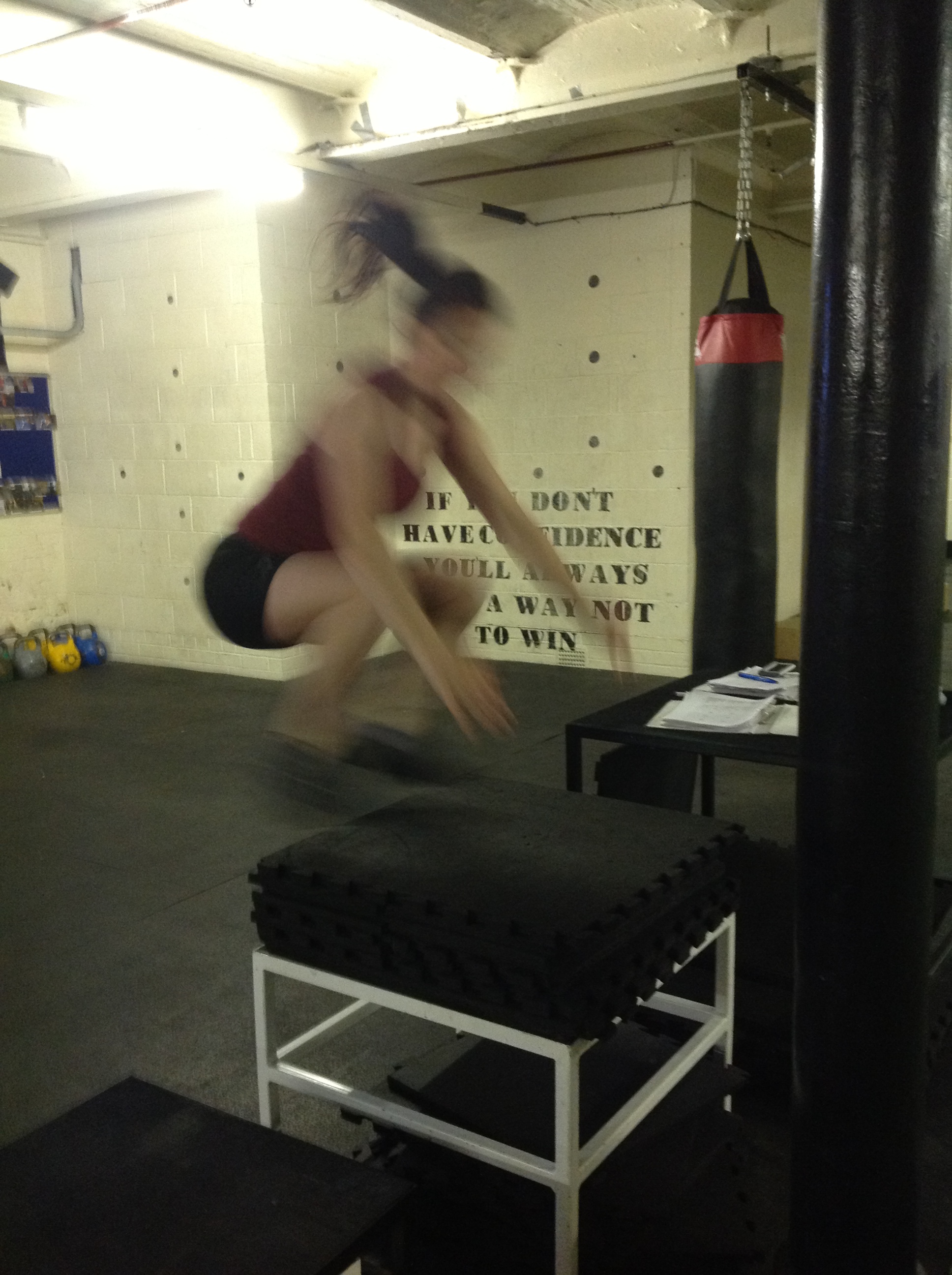Strength training for running is a bit of a funny subject amongst runners. Some people say that the best training for running is running – which, to a point is true, but there are some processes which will help you run further, faster and more efficiently which you cannot improve just by pounding long miles.
The main “reason” for not doing weight training (if we, for a moment , forget about downright laziness) is the somewhat long in the tooth “But I don’t want to put on muscle! – it will increase my weight, and that will make me slower” excuse.
Very true. You don’t. That’s why we are not looking to increase muscle mass.

No. We are looking to improve Power to Weight ratio.
One very good example of is Mo Farah – a pretty good runner a few years ago, exploded into superstardom and double gold medal-ness in 2012. What was the key to success? What was the main thing that they changed in his training program? More miles? More Soy based Protein?
No.
Less miles, and an extra weight training session each week. Mo can squat one and a half times his body weight – which is pretty damn impressive when you stop to think about it – and is he overly encumbered by muscle? Is he slower because of it?
It doesn’t seem like it, does it?
Why?
Some very brief science for you – some of the reasons why weight, or resistance training will help you be a faster, better runner.
You can get stronger without getting bigger muscles.
This is the crux.
No-one, but No-one uses 100% of their muscle mass.
Within each muscle you have millions of muscle fibres, each bundle of muscle fibre is controlled by a motor neuron. When you use a relatively well trained muscle, maybe 30-40% of this muscle gets a signal from motor neurons to fire.
When you use muscles for a long period of time, the recruitment of the fibres takes place in a cyclical way. Within the whole muscle, some fibres are used, and then they cycle off and recover while other fibres take up the workload enabling you to go for longer.
At low intensities, this can go on for a long time, but as you up the pace, more muscle is needed to keep up the speed, so there is less time for the off cycled muscle units to recover  before being needed – this is one reason (of several) why your muscles get tired when you run faster.
before being needed – this is one reason (of several) why your muscles get tired when you run faster.
If you were able to access and recruit 40, 50 or 60% of that muscle, the same size muscle, with the same amount of fibres – imagine how much faster and further you could go.
Mind boggling. Right?
How can you access these fibres? How can you get your brain to fire those motor neurons to make more of the muscle work? How can you be more efficient?

The number of muscle fibres recruited is not dependant on speed, nor is it dependent on intensity of training. It is dependent on force.
Salazar knows. Mo knows. Cerruty knew.
Strength training.
It’s not about getting big.
It’s about being more efficient, accessing more of your current muscle, and above all,
enhancing your power to weight ratio.
For those of you who want to read more about the science…. Behind this, there is a fantastic literature review which I have paraphrased a few times – it is here… http://www.scienceofrunning.com/2011_08_01_archive.html and is written by Steve Magness. Excellent read if you have the time.




